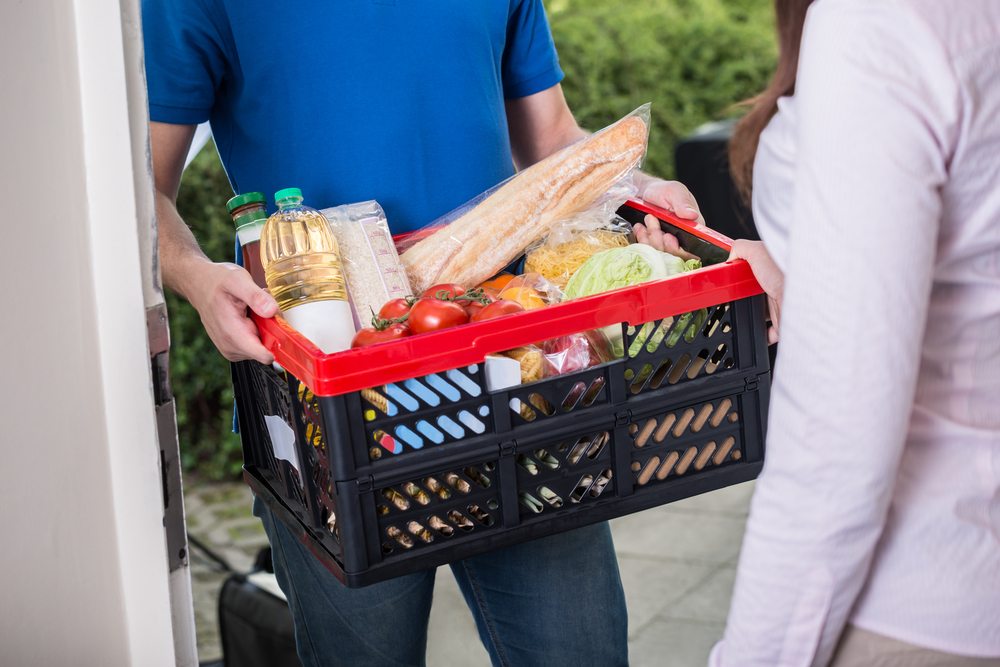Delivery Driver Class Action Lawsuits
Delivery driver wage and hour class action lawsuits are on the rise. The rapid expansion of food and grocery delivery services, such as Grubhub, Instacart and Shipt, means there are more people working as delivery drivers who may be experiencing pay violations. In recent years, there have also been many class action lawsuits brought by pizza delivery drivers working for nationwide franchises such as Dominos, Pizza Hut and Papa Johns. There are several common pay violations affecting delivery drivers. One is not being paid properly for mileage and vehicle maintenance resulting in a kickback to the employer. Another violation in certain states, like New York and Massachusetts, is not paying delivery charges to drivers where customers are led to believe the delivery charge is a gratuity.
Mileage and Vehicle Maintenance Pay Violations
Delivery drivers are typically required to use their personal vehicles for deliveries. They also have to pay expenses related to the operation of their vehicles for their job. These vehicle-related expenses include gas, insurance, maintenance, repairs and depreciation. Delivery drivers are usually paid the minimum wage rate or the tipped employee minimum wage rate. If employers do not pay drivers for their job-related vehicle expenses, they could be liable under the Fair Labor Standards Act (FLSA) “kickback rule.”
The FLSA requires an employee’s wages to be paid unconditionally or “free and clear.” See 29 C.F.R. 531.35. Wages are not unconditional or “free and clear” where employees kick back a portion of their wages to the employer or another party for the employer’s benefit. Delivery drivers who are not reimbursed for their job-related vehicle expenses like gas, maintenance and repairs, are considered to have kicked back a portion of their wages to their employer. If the delivery drivers are paid at or close to minimum wage, their unreimbursed vehicle expenses will drop their wages below the minimum wage rate required by the FLSA. This results in a minimum wage violation under the FLSA.
Common delivery driver pay policies that lead to FLSA minimum wage violations include:
- Paying drivers a flat amount, like $1 per delivery, that is insufficient to cover the vehicle expenses incurred;
- Paying drivers for mileage at a rate below the IRS mileage rates (The IRS rate for 2017 is $.535/mile);
- Failing to keep track of drivers’ mileage for deliveries.
Delivery Charge Violations
Another common pay violation, applicable only to drivers in certain states, like New York and Massachusetts, occurs where drivers are not paid delivery charges which customers believe are driver gratuities. Delivery services commonly charge a mandatory fee for deliveries, often called a delivery charge. Typically, this delivery charge is not paid to the driver, and there is no clear written notification to customers that the delivery charge is not a gratuity and is not being paid to the delivery driver. Under these circumstances, wage laws in New York and Massachusetts deem the delivery charge to be a gratuity that must be paid to the delivery driver. If there is a clear written notification that the delivery charge is not a gratuity and is not being paid to the driver, then the employer is allowed to keep the delivery charge and there is no violation.
Thomas & Solomon LLP represents delivery drivers who have experienced the pay violations described in this article, as well as other pay violations. If you are a delivery driver who has experienced these or other types of pay violations, contact us for a confidential evaluation of your situation.








